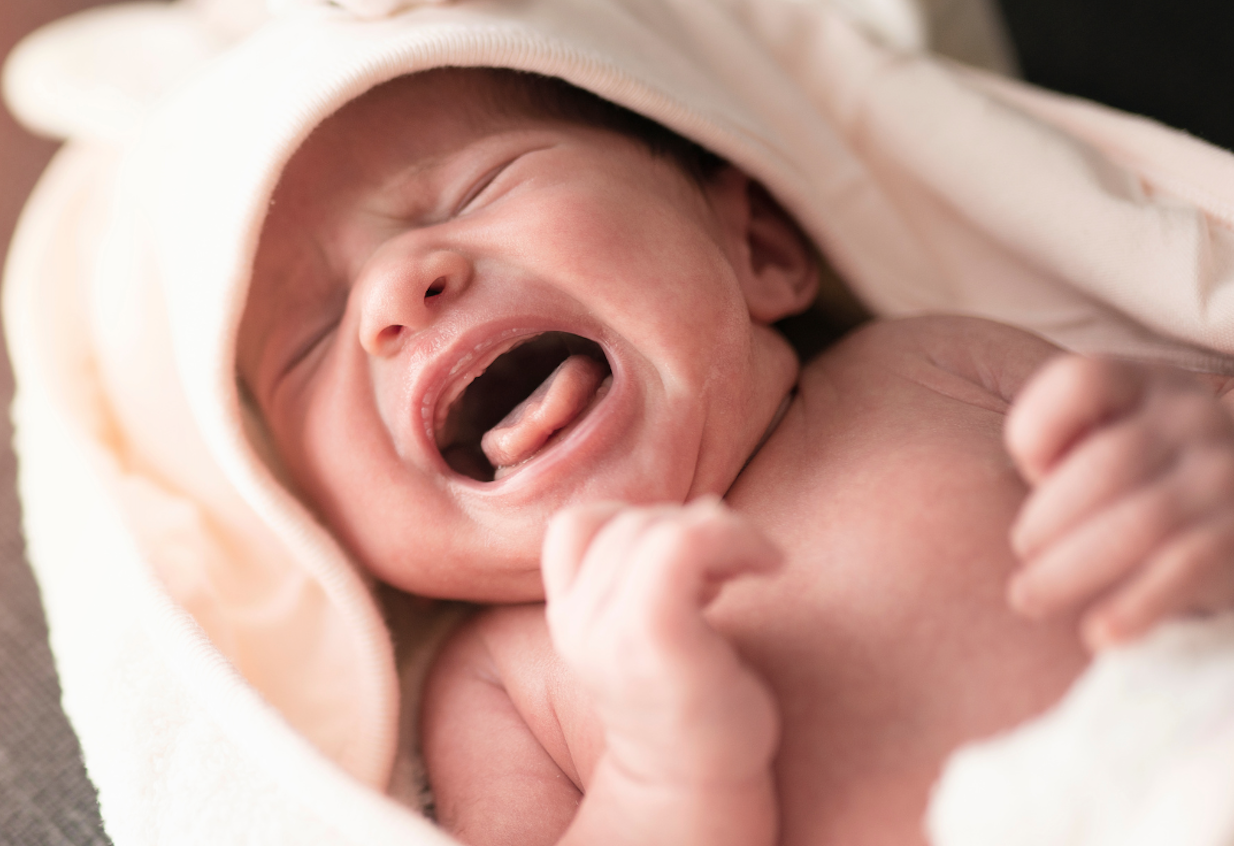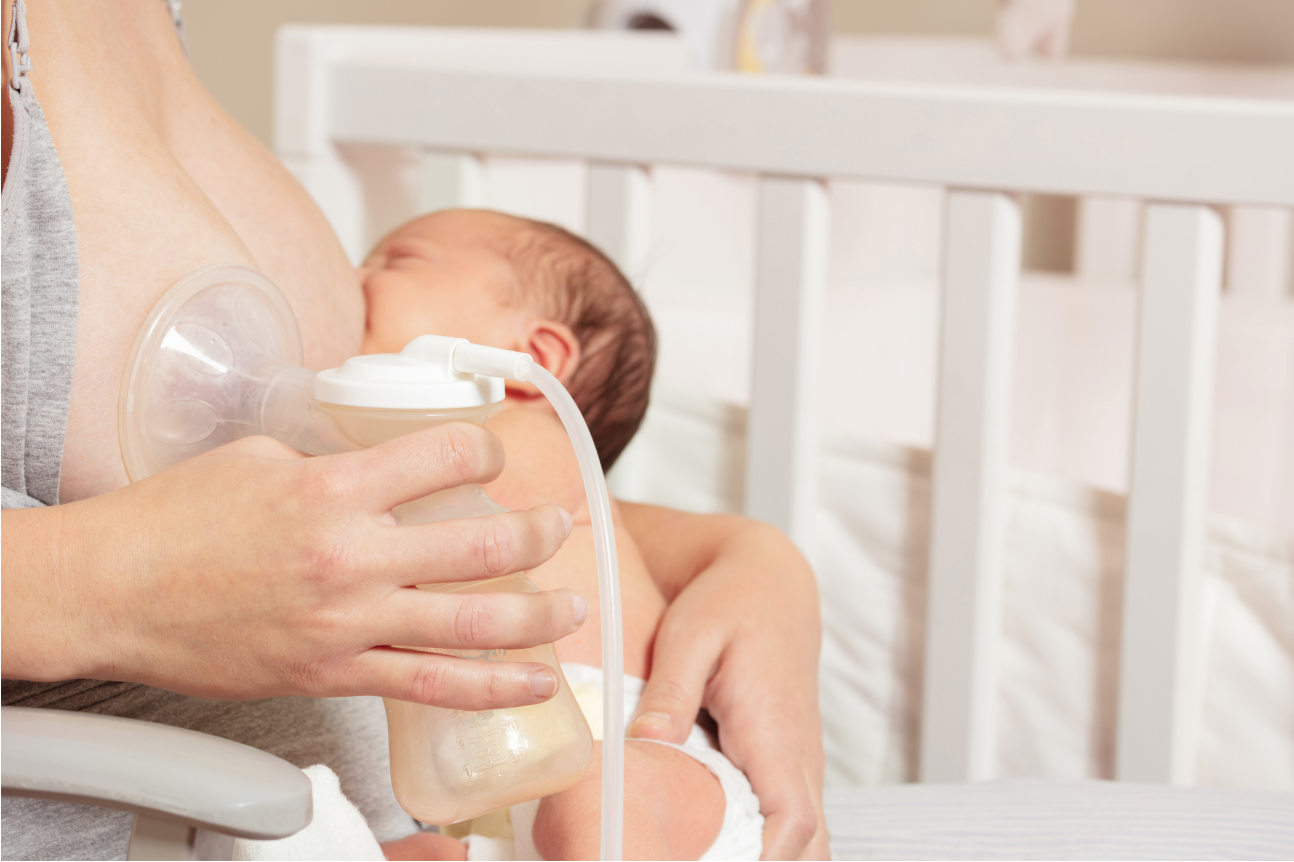
One of the questions I’ve been asked the most during my consultations is about the incompatibility of alcohol and breastfeeding. Can I drink alcohol when I’m nursing? Or how many glasses of wine can I take? The problem arises from this question because there is a lot of information online and on social media, etc, which is great, but at the same time is very confusing as there is lot of controversy and conflicting messages. While it’s obvious not to consume alcohol during pregnancy due to the evidence that it could cause damage to the foetus, the risks of consuming alcohol while breastfeeding have not received as much research attention.
This is the main reason why I decided to write a blog about alcohol and breastfeeding to delve into the considerations, myths, and evidence-based practical guidelines for mothers to understand and remove this stress and culpability of drinking, and whether it will affect your baby or if you can have a glass of wine without any culpability. Also, as usual I’ll share my top 5 tips for safely drinking alcohol.

Understanding the Basics
Before embarking on any discussion, I’d love you to understand the basics. When you consume alcohol, it enters your bloodstream, subsequently can pass into your breast milk, and then into your baby when you feed them. Breastmilk alcohol levels closely parallel blood alcohol levels. Some studies reflect that the highest alcohol levels in milk occur 30 to 60 minutes after an alcoholic beverage.
The concern arises from the potential impact on your baby, as an infant’s liver is not fully developed to metabolise alcohol efficiently. Newborns for example, metabolise alcohol at approximately half the rate of adults.
An occasional drink is unlikely to harm your baby, especially if you wait at least 2 and a half hours after having the drink before feeding. However, not every woman and every baby are the same. Now you might be asking yourself, “Which considerations do we need to keep in mind to know the amount that’s safe in every case?:
- Mother’s weight: Less weight means more time you need to wait until you can breastfeed your baby. Conversely, more weight means less time needed.
- Amount of alcohol taken: More alcohol means you need to wait longer to feed your baby.

Both factors are related, and a tiny mother drinking one glass of wine will need to wait longer before feeding her baby in comparison with a larger mother taking the same glass of wine. I’d also recommend listening to your body as well and recognising how you feel after taking the drink.
Aside from the known health risk of excessive alcohol to your baby, like growth and development problems, sleep issues, etc., you also need to know that alcohol may also affect you. A study reviewed in November 2013* summarises that excess levels of alcohol decrease milk production but also inhibit the milk ejection reflex, causing a temporary decrease in milk yield.
Dispelling Myths
There are several myths about alcohol and breastfeeding, but I don’t want to extend myself a lot, so I’m just going to share just a couple of myths:
1. Pumping and dumping removes alcohol from breast milk: As we saw earlier, time is the only effective method to eliminate the alcohol. Pumping doesn’t help eliminate the alcohol; it’s the passing of time that reduces alcohol levels in breast milk. As the mother’s blood levels fall, the level of alcohol in the breastmilk will decrease too. So, it’s not necessary to express breastmilk to clear it of alcohol.
2. One drink won’t affect the baby: Even a small amount of alcohol we know can be present in breast milk. It’s true that it’s absolutely fine for breastfeeding mothers to have an occasional drink. However, it’s not about the volume but the concentration, which varies based on factors like the mother’s weight, metabolism, amount of alcohol taken, and type of drink.
My Top 5 Tips for Safely Drinking Alcohol
1. Co-sleeping: It is not recommended to co-sleep with your baby if you have been drinking alcohol. Doing this has a strong association with sudden infant death syndrome (SIDS).

2. Timing is the key: Avoid breastfeeding for at least 2 and a half/3 hours for every 12-15 grams of alcohol consumed (a third of beer with a 5% graduation or a glass of wine with an 11-12% alcohol graduation)
3. Feed your baby in advance: If you are going to an event, or to attend social occasions where you’re going to have a drink, my best recommendation is to plan it ahead and if you can, breastfeed your baby before going to the event.
4. Express milk in advance: If you can’t feed your baby or your baby is not hungry to be fed, my best recommendation is to pump before the event to avoid skipping breastfeeding. You may become uncomfortably full if you leave long gaps between feeds, and you will end it up pumping after the drink and needing to discard the milk.

5. Know your limits: Understanding your body’s response to alcohol is crucial. Different mothers metabolise alcohol differently, so be aware of how your body reacts.
Summarising, any long-term consequences for the children of alcohol-abusing mothers are yet unknown, but occasional drinking while breastfeeding has not been convincingly shown to adversely affect nursing infants. When it comes to alcohol and breastfeeding, knowledge, moderation, and careful planning can empower mothers to make decisions that align with their values and the well-being of their infants. So, the choice to consume alcohol while breastfeeding is deeply personal.
Sources:
* Alcohol and breastfeeding. Maija Bruun Haastrup 1, Anton Pottegård, Per Damkier. 2014 Feb;114(2):168-73. doi: 10.1111/bcpt.12149.Epub 2013 Nov 7.






